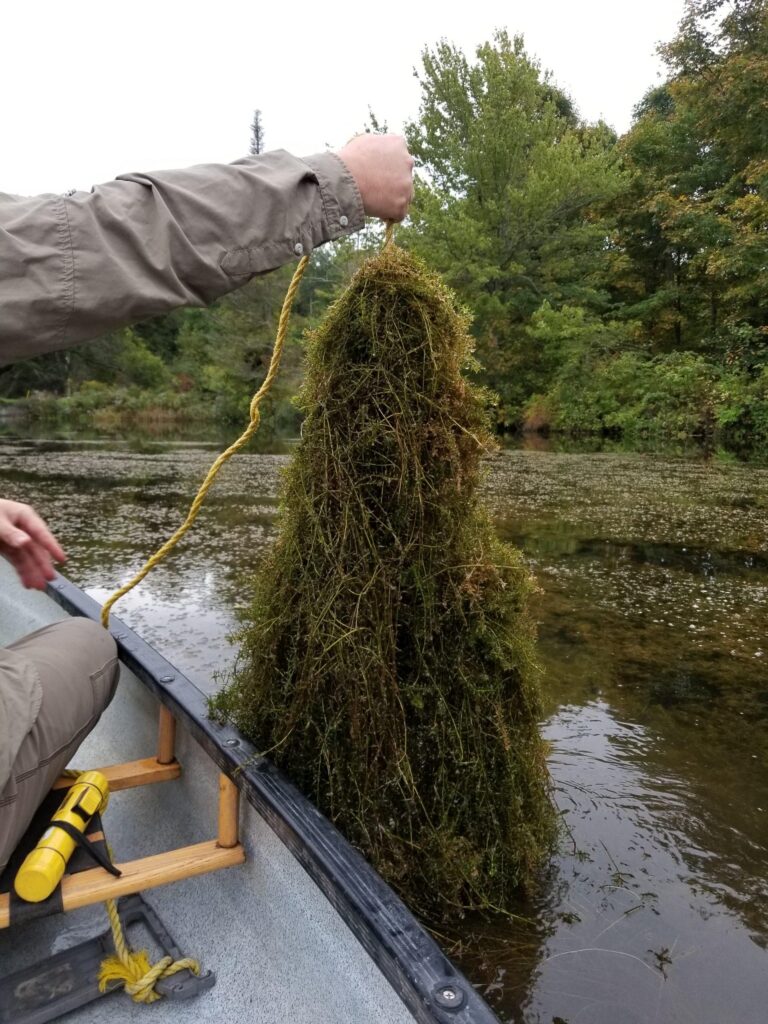Introduction
Invasive water weeds pose a significant threat to Senegal’s natural waterways, disrupting ecosystems and human health. The proliferation of these plants creates stagnant water conditions that foster disease-carrying mosquitoes.
The Impact of Invasive Weeds
Environmental Effects
Invasive species, such as water hyacinth, choke the life out of native plants and aquatic animals. This disrupts the local biodiversity and compromises the health of aquatic ecosystems.
Economic Consequences
The encroachment of invasive water weeds also has severe economic ramifications. Fishermen and farmers often struggle to reach their livelihoods, leading to decreased food security for local communities.
The Link Between Weeds and Disease
Vector for Mosquitoes
Stagnant water created by invasive plants provides the perfect breeding ground for mosquitoes. These pests are notorious for spreading diseases like malaria and dengue fever, posing a serious public health risk.
Health Implications
Communities grappling with high instances of mosquito-borne diseases face overwhelming healthcare burdens. Efforts to clear these invasive plants can drastically reduce disease transmission rates.
Efforts to Combat Invasive Weeds
Community Initiatives
Local communities have begun organizing efforts to remove invasive water weeds from their waterways. These initiatives not only restore local ecosystems but also improve public health outcomes.
Government and NGO Involvement
Government agencies and NGOs are crucial in supporting these efforts through funding and resources. Collaborative actions are being taken to educate and empower communities about the importance of invasive weed removal.
Conclusion
The fight against invasive water weeds in Senegal is a fight for public health and environmental integrity. By clearing these invasive plants, Senegal can reduce disease incidence and protect its rich biodiversity. For more information on this topic, visit this link.

